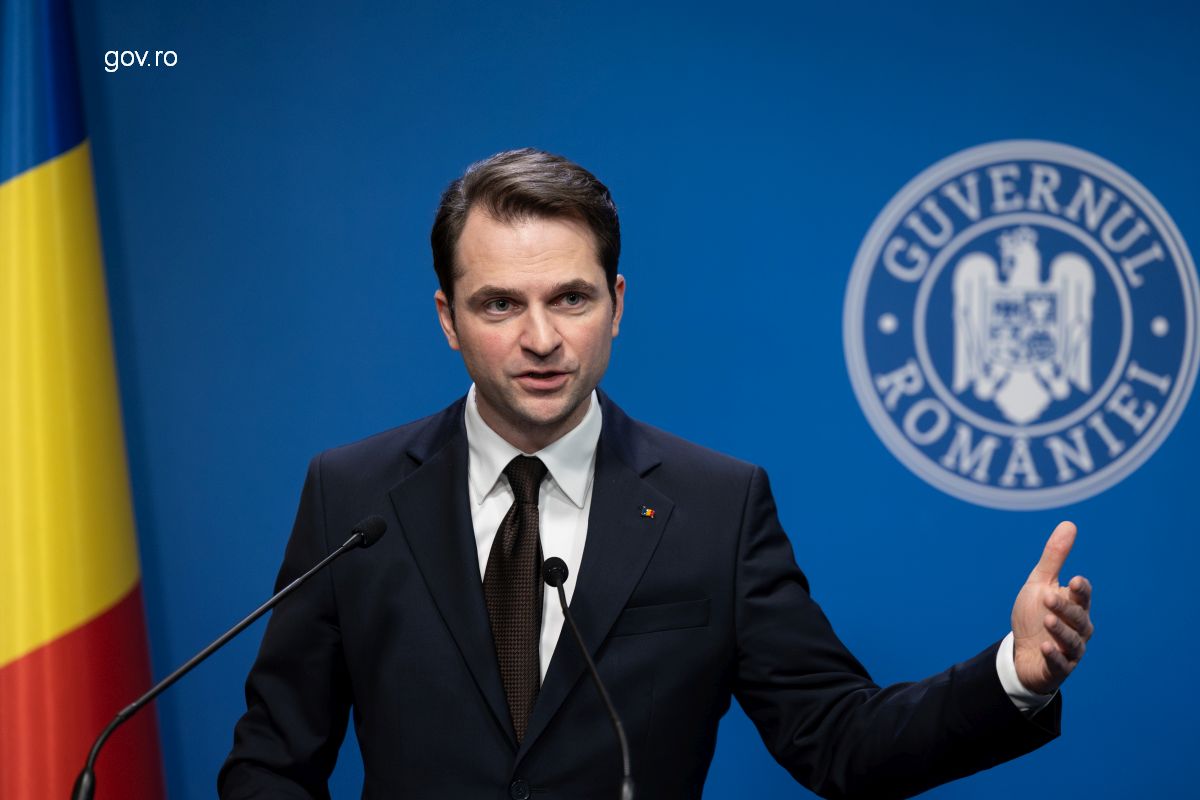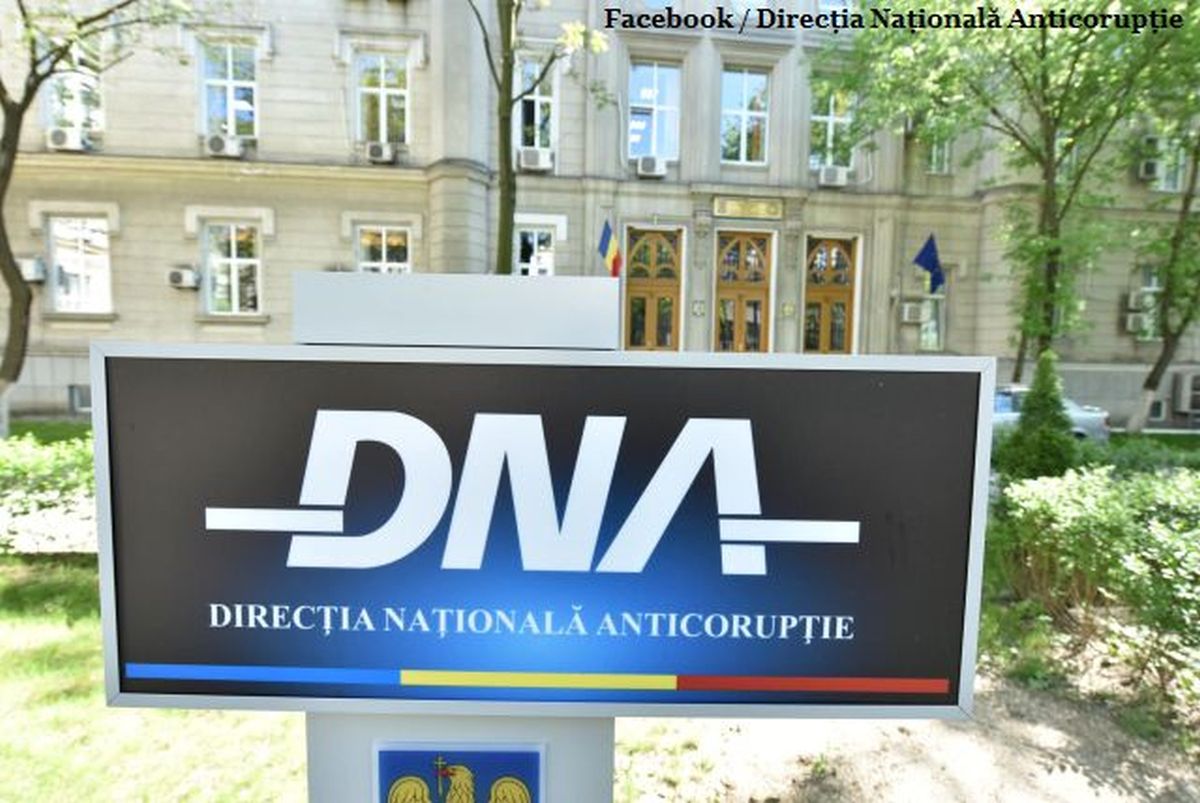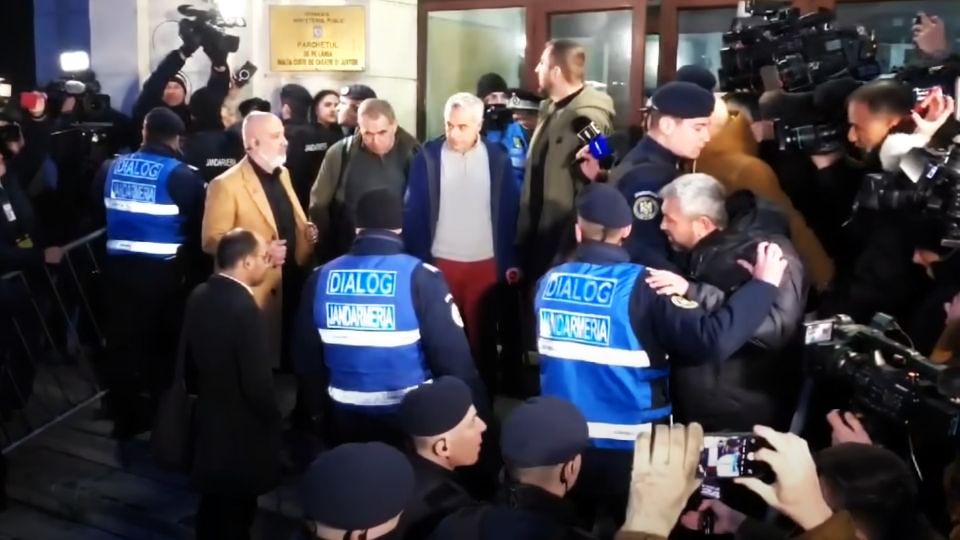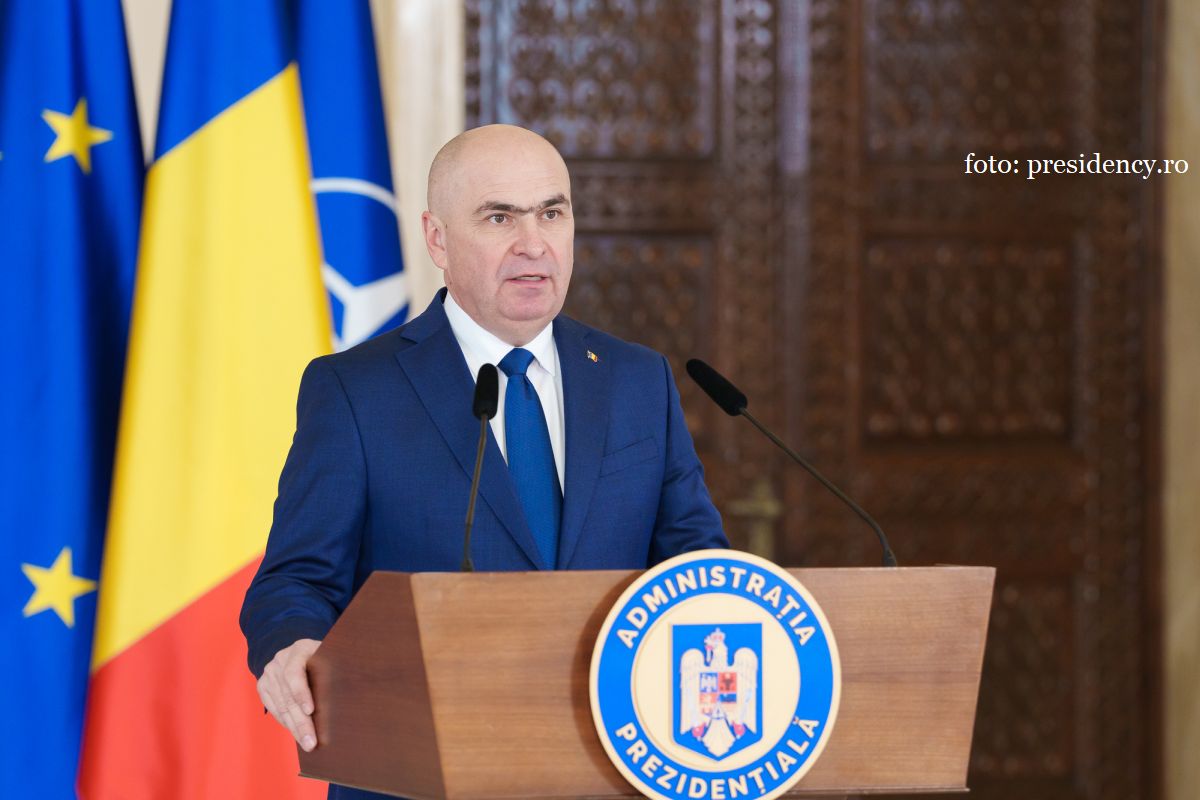The International Monetary Fund confirms Romania’s progress
Romanias second stand-by agreement with the International Monetary Fund has come to a successful end.
Leyla Cheamil, 27.06.2013, 15:13
A number of times in the past, Romania has resorted to loans from the International Monetary Fund when it needed to. The latest such stand-by agreement was signed in the spring of 2011 as an extension of a previous deal signed 2009, and was due to end in March this year. However, the International Monetary Fund board approved a request by the authorities in Bucharest to extend the agreement by three months, until the end of June, to allow the government to reduce arrears and take measures to improve the management of state-owned companies.
On Wednesday, the Fund took note of the two final assessment reports on its agreement with Romania and decided to make available a last instalment of 520 million euros. The 5 billion euro stand-by agreement is of a precautionary type and Bucharest did not have to access any of these funds. But while Romania has successfully completed its second stand-by agreement with the International Monetary Fund, its growth rate is still feeble and the economy still faces risks, said the Fund’s deputy director Nemat Shafik. Ms Shafik warned that structural reforms are critical for Romania to achieve its growth potential and create new jobs, while financial discipline is essential to macroeconomic stability. At the same time, the International Monetary Fund recalls that the significant fiscal adjustment operated after 2009 has allowed Romania to exit the EU excessive deficit procedure in June. The Fund has noted that all important targets have been met, said the minister delegate for budget, Liviu Voinea, who added that this is a good signal for Romania on international markets. One of the targets included in the stand-by agreement was the reduction of state budget arrears and the privatisation of the freight division of the Romanian Railway Company, a state company with big losses and debts.
With the latest agreement with the Fund now over, the authorities in Bucharest are now considering signing a new deal. Romania’s former International Monetary Fund representative and currently the vice-president of the European Investment Bank, Mihai Tanasescu, believes a new deal with the Fund is in the country’s best interest:
“I’m convinced that a new partnership with the International Monetary Fund is an anchor of stability for Romania’s economy and something that can bring about an acceleration of structural reforms.”
The finance minister Daniel Chitoiu says the Romanian authorities will contact the representatives of the Fund in July to set the date of their next visit to Romania for the signing of a new agreement.

